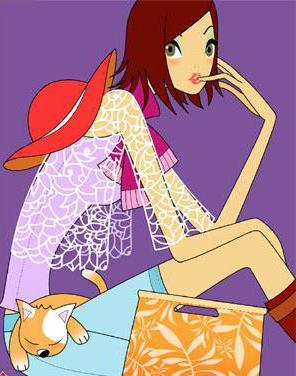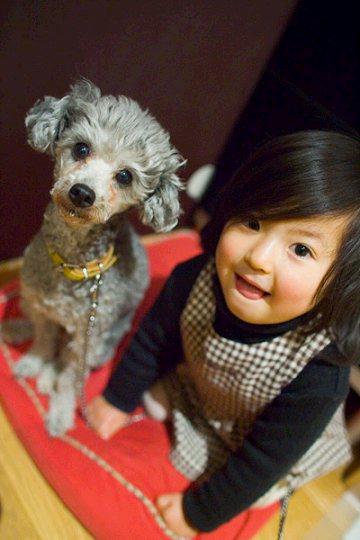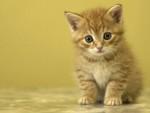| UN to Stop Using Traditional Chinese Characters | |
|---|---|
| Jun 5, 2007 01:59 | |
 | The United Nations made a decision that it would use simplified Chinese as the only Chinese characters after 2008. Nowadays the UN accepts two versions of Chinese characters, namely the traditional Chinese and the simplified Chinese. |
| Jun 6, 2007 01:37 | |
 | I don't what to say. But I like traditional Chinese characters. It's sad to see the die out of a tradition. |
| Jun 6, 2007 03:04 | |
 | BBQQ, I am happy to hear this news. Traditional Chinese characters are soooooo hard to read. Politically, it is a move in favor of the P.R.C. Why? Where are traditional Chinese characters still used? You know,Taiwan. Instead of playing into the interests of the Capitalists, the U.N. is playing into the interests of the people. __WINDENERGY__ |
| Jun 6, 2007 04:52 | |
 | Hope it will not disappear. |
| Jun 6, 2007 19:45 | |
 | I don't think it will disappear since it is still in use in China. Using simplified Chinese as the only Chinese characters in UN is helpful to the spread of Chinese. |
| Jun 6, 2007 20:01 | |
 | Hong Kong and Macau also use traditional Chinese character. I don't think it's a political thing. It's just a move to more common used characters. Plus, as the name indicate, simplified Chinese is more simple to learn. |
| Jul 9, 2008 06:50 | |
 | I agree with BBQQ, it doesn't look like a political maneuver on the U.N.'s part. It would be a both ridiculous and confusing to keep both types of characters. I disagree, however, with the notion that traditional characters will be alive for much longer as an everyday written language. Sure Taiwan, Hong Kong and Macau still use them, but it seems like every mainland citizen under the age of 30 can't read them. On the flip side, most every person who reads traditional characters is more than able to understand the simplified. It seems only logical to believe that since mainland China is the driving economical force in this region, all business transactions will be (and mostly are) done in simplified Chinese. So as the past couple of decades have proven, this just leads to a diminishing use of traditional characters until one day..."poof". Students will only study it as a key to understanding the roots of their written language. |
| Sep 21, 2008 03:39 | |
 | Simplification of Chinese characters is a major blow to one of the most admirable aspects of traditional Chinese culture. It was launched in the 1950's with the aim of eventually replacing all characters with a western alphabet in order for China to modernize. Mao eventually realized that this was not possible and was forced to give up this objective. What we're left with in Mainland China is a group of characters which are aesthetically unpalatable, moreover, many simplifications were carried out without any regard for the original cultural roots of the Characters. The UN decision was more politically driven, rather than driven by reasoning or rationale and it reflects the position of people who are obviously quite unfamiliar with Characters and their history. Traditional characters may be more difficult to write but they are certainly not any more difficult to read and in many cases it is easier to distinguish them because of the unique characteristics as opposed to simplified, many of which closely resemble on another. |
| Sep 21, 2008 12:54 | |
 | There is no added difficulty in reading traditional characters, in fact in many instances they are easier to differentiate from one another. Chinese characters are one of the main foundations of Chinese culture. It might be of interest for you to know that the Communist government of China wanted to get rid of characters altogther, which later proved to be an impossible goal. If you have any understanding of Chinese characters and their roots, you can easily see that many simplifications were carried out in an incredibly inconsistent fashion. Moreover, many characters were entirely recreated which severs any and all times to their origins. Take for example the character Ting, meaning to listen. The traditional form uses the ear radical indicating that we use our ears to listen. The simplified form uses the mouth radical. Now, do we use our ears or mouths to listen? |
Post a Reply to: UN to Stop Using Traditional Chinese Characters










 Copyright © 1998-2026 All rights reserved.
Copyright © 1998-2026 All rights reserved.